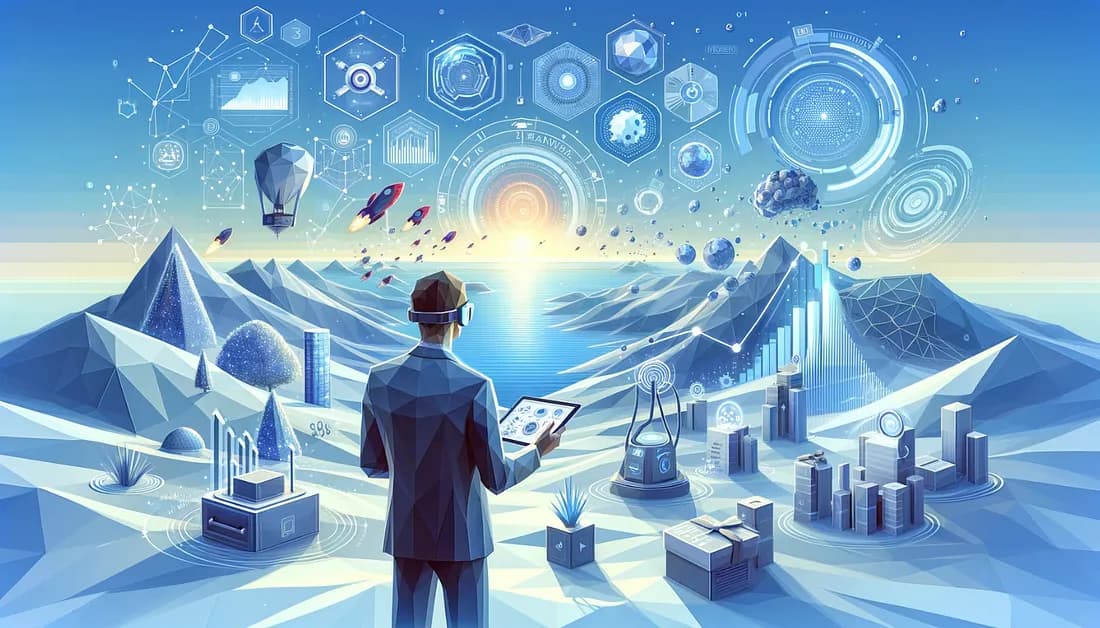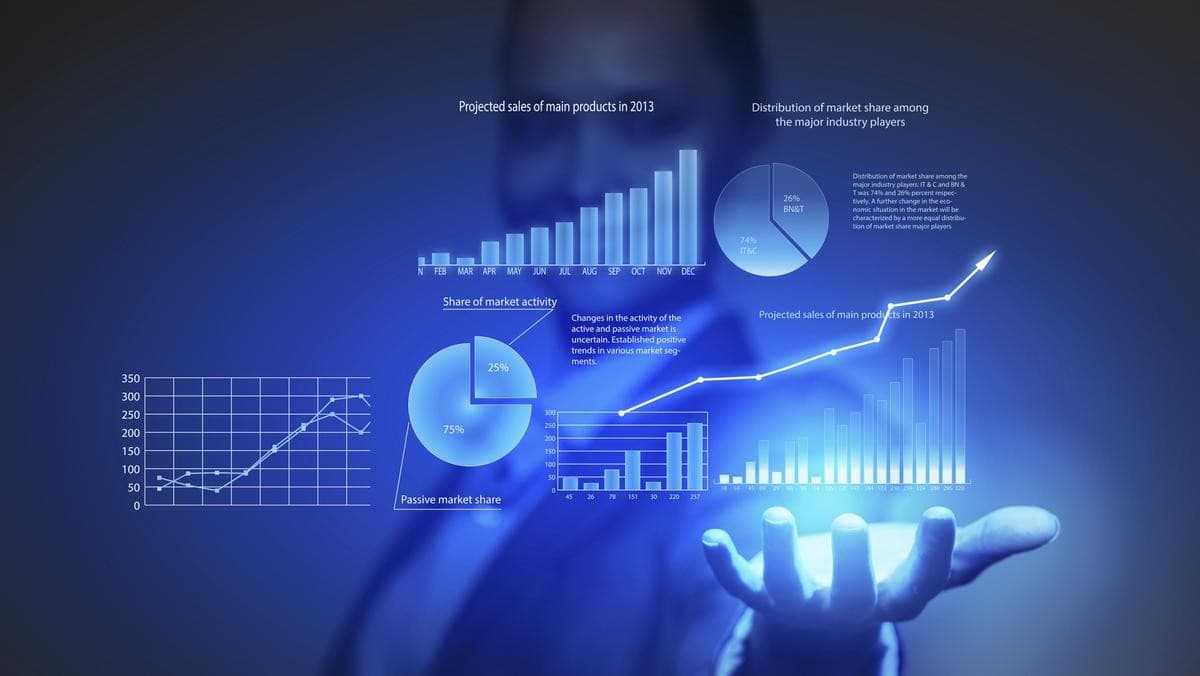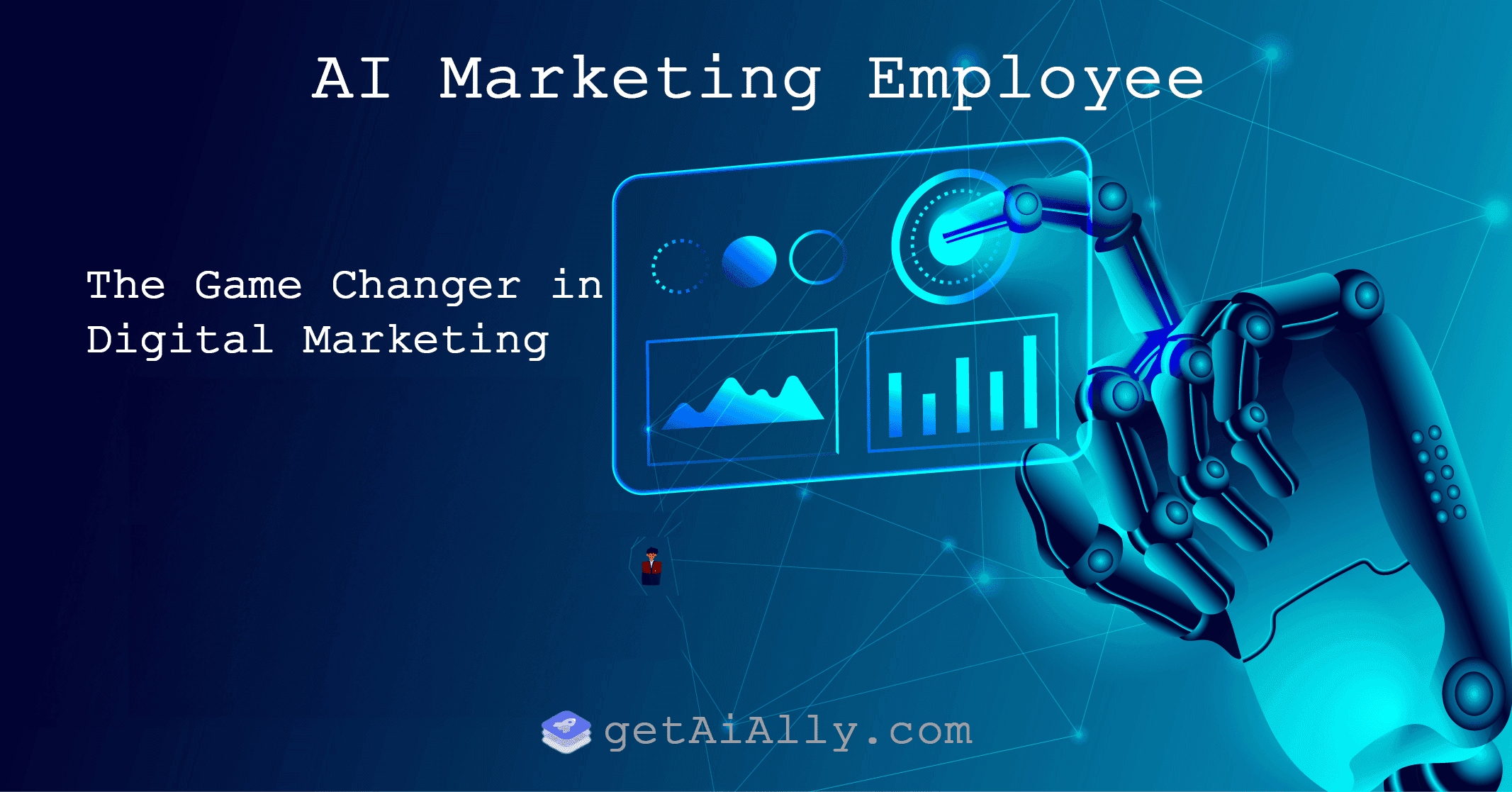Digital Employee Experience: AI-Driven Revolution in Modern Enterprise Work

Lawrence Liu
9/13/2024

Revolutionizing Work: The Impact of Digital Employee Experience on Modern Enterprises
In today's rapidly developing digital era, enterprises face unprecedented challenges and opportunities. With technological advancements, especially the widespread application of artificial intelligence (AI), the concept of "digital employee experience" is reshaping modern workplaces. This article will delve into the connotations and importance of digital employee experience, and how it drives enterprises towards a more efficient and intelligent future.
1. What is Digital Employee Experience?
Digital Employee Experience (DEX) refers to the overall feelings and experiences of employees as they interact with various technological tools, platforms, and processes in the digital work environment. It covers all aspects from daily work tasks to complex project management, aiming to enhance employee efficiency, satisfaction, and engagement through technological means.
Digital employee experience is not just about providing the latest software and equipment, but more importantly, creating a seamless, intuitive, and personalized digital work environment. This environment should support employees in efficiently completing their work, promote collaboration, and provide support for their career development.
2. The Importance of Digital Employee Experience
2.1 Increasing Productivity
An excellent digital employee experience can significantly increase productivity. By simplifying workflows and automating repetitive tasks, employees can focus more time and energy on creative and strategic work. For example, intelligent document management systems can help employees quickly find needed information, while AI-driven project management tools can optimize task allocation and progress tracking.
The improvement in productivity due to digital employee experience is evident. According to the latest research data, we can see the following distribution of productivity changes:
This pie chart clearly shows that after implementing DEX, most enterprises experienced different degrees of productivity improvement, with 25% of enterprises even achieving significant improvements.
2.2 Enhancing Employee Satisfaction
When employees feel that their digital work environment is supportive and empowering, rather than hindering and troublesome, their job satisfaction significantly increases. Intuitive and easy-to-use digital tools can reduce frustration at work, allowing employees to focus more on the work itself rather than struggling with technological tools.
Digital employee experience not only improves employee satisfaction but also significantly enhances employee retention rates. The following chart visually demonstrates the comparison before and after implementing DEX:
From the chart, we can see that after implementing DEX, both employee satisfaction and retention rates have significantly improved, even surpassing the industry average.
2.3 Attracting and Retaining Talent
In a competitive talent market, an excellent digital employee experience can be a key factor in attracting and retaining top talent. The new generation of employees, especially digital natives, expect to use advanced and efficient digital tools at work. Providing an outstanding digital experience can enhance the company's employer brand and attract more excellent talent.
The importance of digital employee experience is not only reflected in theory but also evident in the actual adoption trends of global enterprises:
From the chart, we can see that the adoption rate of DEX strategies has shown a clear upward trend in recent years, expected to reach 90% by 2024, which fully demonstrates the importance enterprises place on digital employee experience.
3. How AI Improves Digital Employee Experience
The application of AI in improving digital employee experience is multifaceted. The following chart shows the degree of AI application in different areas:
From the chart, we can see that automating daily tasks and intelligent task management are currently the two most widely applied areas of AI, which also reflects the urgent need for enterprises to improve work efficiency.
Artificial intelligence is becoming the core driving force for improving digital employee experience, revolutionizing employee work methods in the following aspects:
3.1 Personalized Workflows
AI can provide personalized work interfaces and tool recommendations by analyzing each employee's work habits and preferences. For example, AI can learn the applications and functions frequently used by employees and integrate them into a customized dashboard, improving work efficiency.
3.2 Intelligent Task Management
AI-driven task management systems can automatically analyze and categorize task priorities, intelligently assigning tasks based on employees' skills and workload. This not only improves work efficiency but also ensures optimal resource allocation.
3.3 Automating Daily Tasks
AI can automate many repetitive daily tasks, such as data entry, report generation, scheduling, etc. This allows employees to focus their time and energy on work that requires creativity and strategic thinking, greatly improving job satisfaction and productivity.
4. Best Practices for Implementing Digital Employee Experience Strategies
- Comprehensive Assessment of Current Situation: Comprehensively assess the current digital environment and employee needs before implementing new digital employee experience strategies.
- Employee-Centric: Always place employee needs and feedback at the core during the design and implementation process.
- Phased Implementation: Adopt a gradual approach, implementing digital transformation in phases to reduce disruption to daily operations.
- Continuous Training and Support: Provide ongoing training and support to employees to help them adapt to new digital tools and processes.
- Regular Feedback Collection: Establish mechanisms to regularly collect employee feedback and continuously optimize digital employee experience based on feedback.
- Ensure Security and Privacy: While enhancing the experience, ensure that data security and employee privacy are fully protected.
To better understand the implementation process of digital employee experience strategies, we can refer to the following flowchart:
This flowchart clearly shows the entire implementation process from assessing the current situation to continuous optimization, providing enterprises with a path to follow.
5. Case Studies: Companies Successfully Implementing Digital Employee Experience
Here are two case studies of companies that have successfully implemented digital employee experience strategies:
-
Microsoft: As a technology giant, Microsoft provides an integrated digital work environment for employees through its Microsoft 365 platform. They have used AI technology to optimize experiences in document collaboration, meeting management, and task allocation, significantly improving employee productivity and satisfaction.
-
Starbucks: Starbucks improved the scheduling, training, and communication experiences of store staff by implementing a digital employee experience platform. They use AI to analyze customer flow data to optimize scheduling and provide personalized training content through mobile applications, which not only improved operational efficiency but also enhanced employee engagement.
6. Future Outlook: Virtual Workforce and AI-Driven Productivity
Looking to the future, digital employee experience will continue to evolve, and we can anticipate the following trends:
- Widespread Application of Virtual Reality (VR) and Augmented Reality (AR): These technologies will bring revolutionary changes to remote collaboration and training, creating a more immersive digital work environment.
- Popularization of AI Assistants: Every employee may have a personal AI assistant to help handle daily tasks, provide decision support, and personalized recommendations.
- Application of Emotional AI: AI systems capable of recognizing and responding to employee emotions will help create a more humanized digital work environment, improving employee well-being.
- Rise of No-Code/Low-Code Platforms: This will enable employees to independently create and customize digital tools, further personalizing their work experience.
- Integration of Continuous Learning and Skill Development: Digital employee experience platforms will be more closely integrated with learning management systems, supporting employees' continuous learning and skill development.
Conclusion
Digital employee experience has become a key factor for modern enterprises to maintain competitiveness in the digital age. By leveraging AI and other advanced technologies, enterprises can create a more efficient, satisfying, and attractive work environment. As technology continues to advance, digital employee experience will continue to evolve, shaping the future of work. Enterprise leaders need to recognize the importance of this trend, actively embrace change, create excellent digital experiences for employees, thereby driving the success of the entire organization.
Related Posts

AI-Driven Personalized Marketing: Redefining the New Paradigm of Customer Experience
Dive deep into how AI marketing employees are revolutionizing personalized marketing strategies. From precise customer profile construction to dynamic content generation, understand how AI creates unprecedented personalized customer experiences.

AI Marketing Employee: A New Paradigm for Data-Driven Decision Making
Explore how AI marketing employees are revolutionizing data processing and analysis. Learn how this groundbreaking technology provides real-time insights, optimizes decision-making processes, and drives precision in marketing strategies.

AI Marketing Employee: The Game Changer in Digital Marketing
Explore how AI marketing employees are revolutionizing the digital marketing landscape. Learn how this groundbreaking technology enhances efficiency, precision, and creates unprecedented value for brands.




